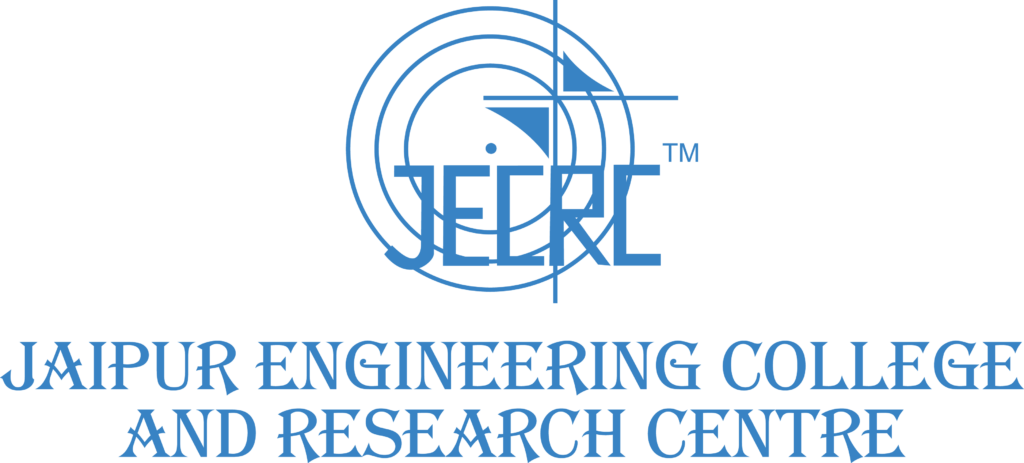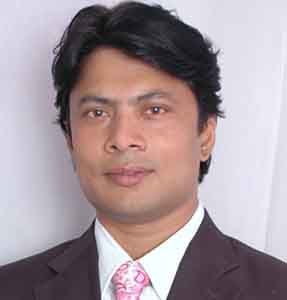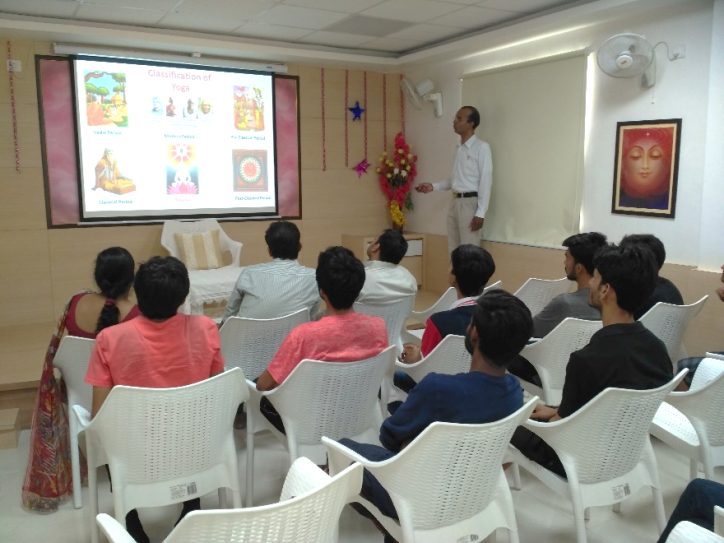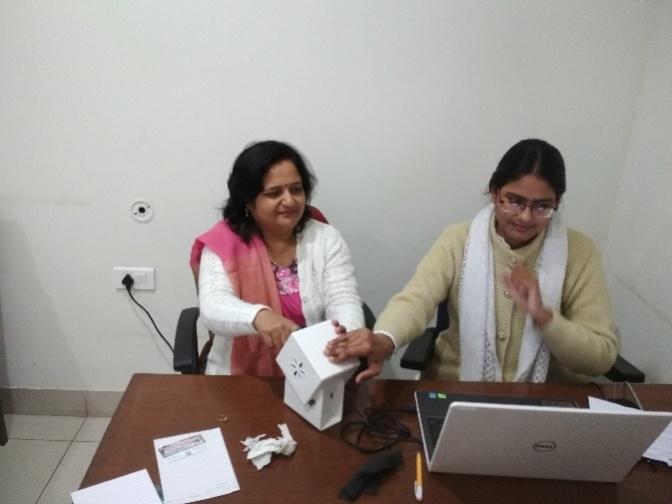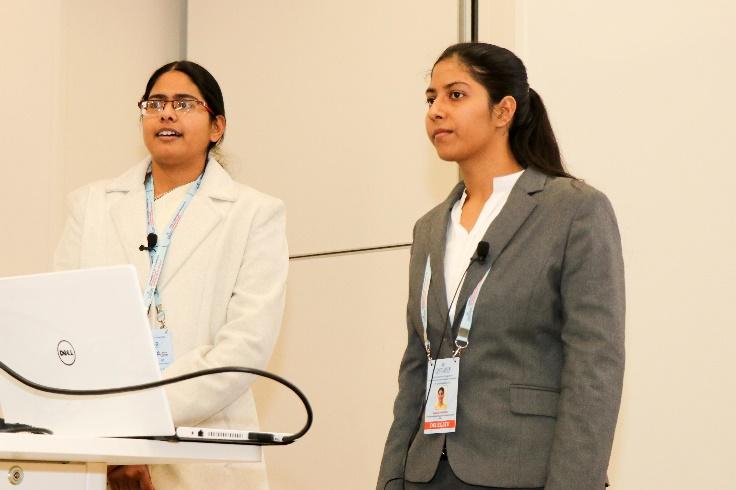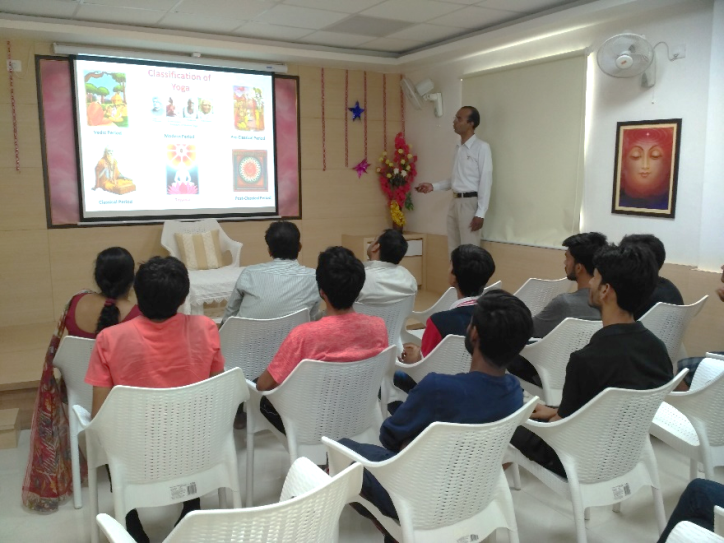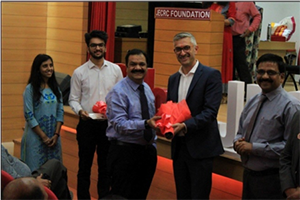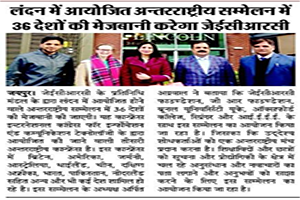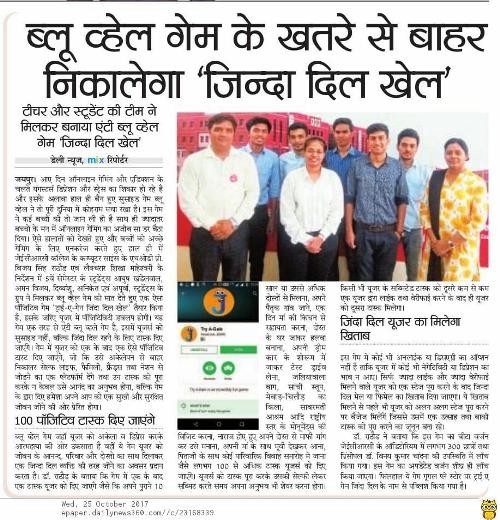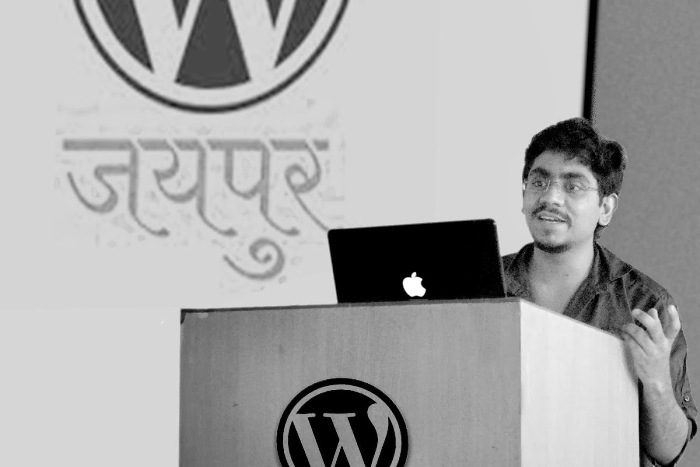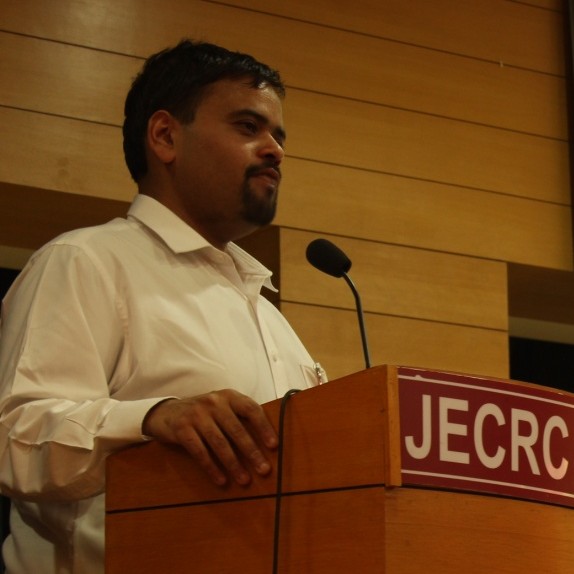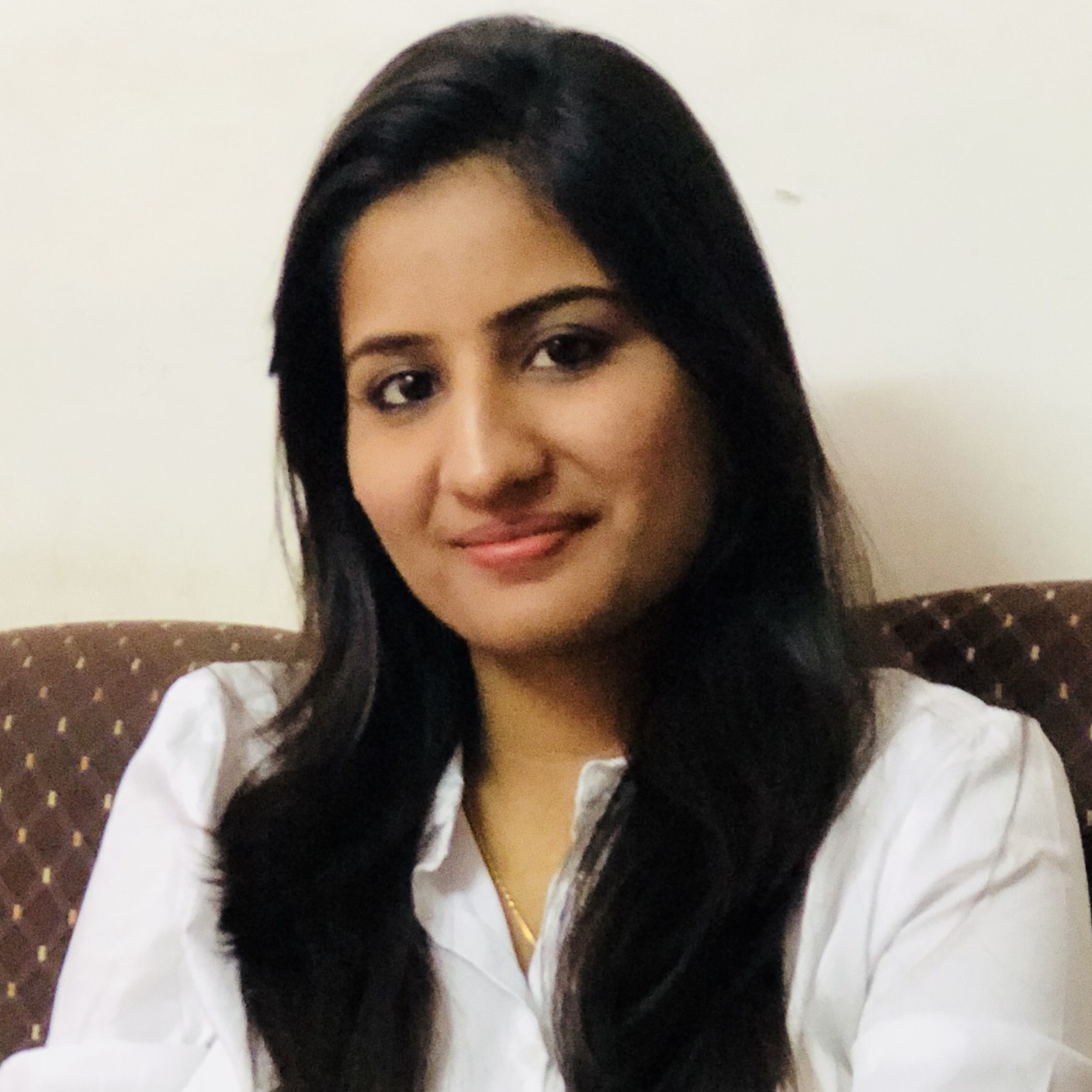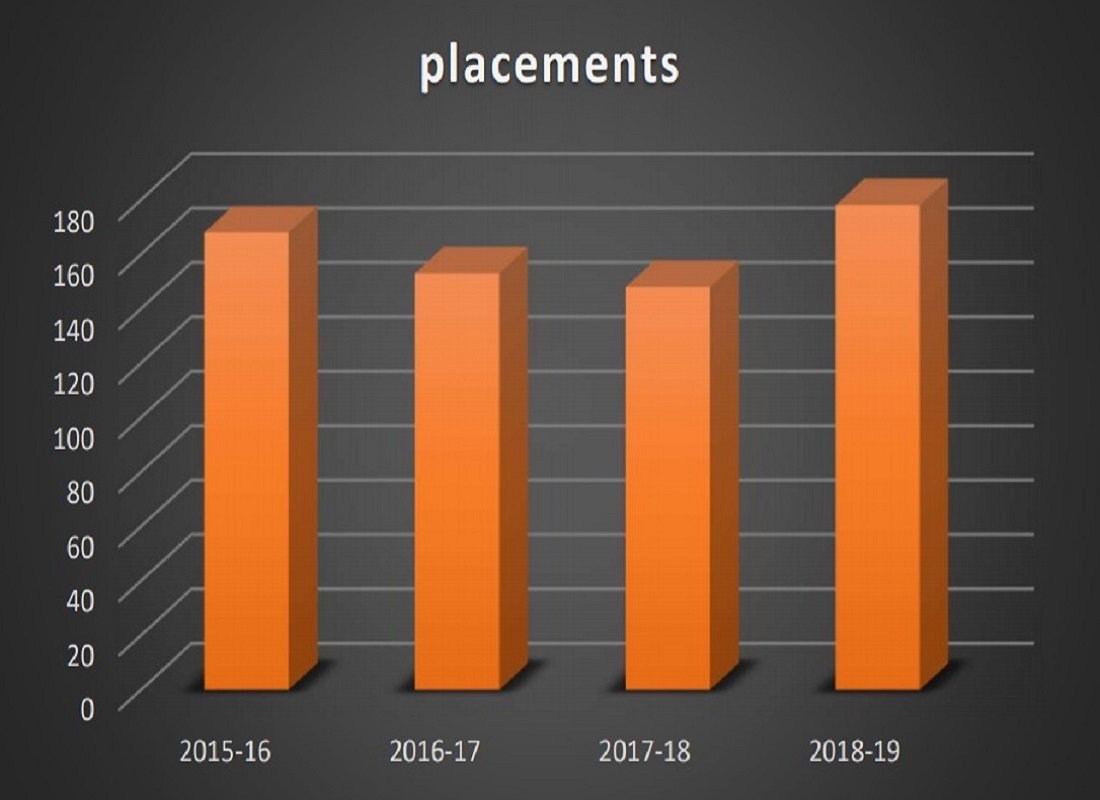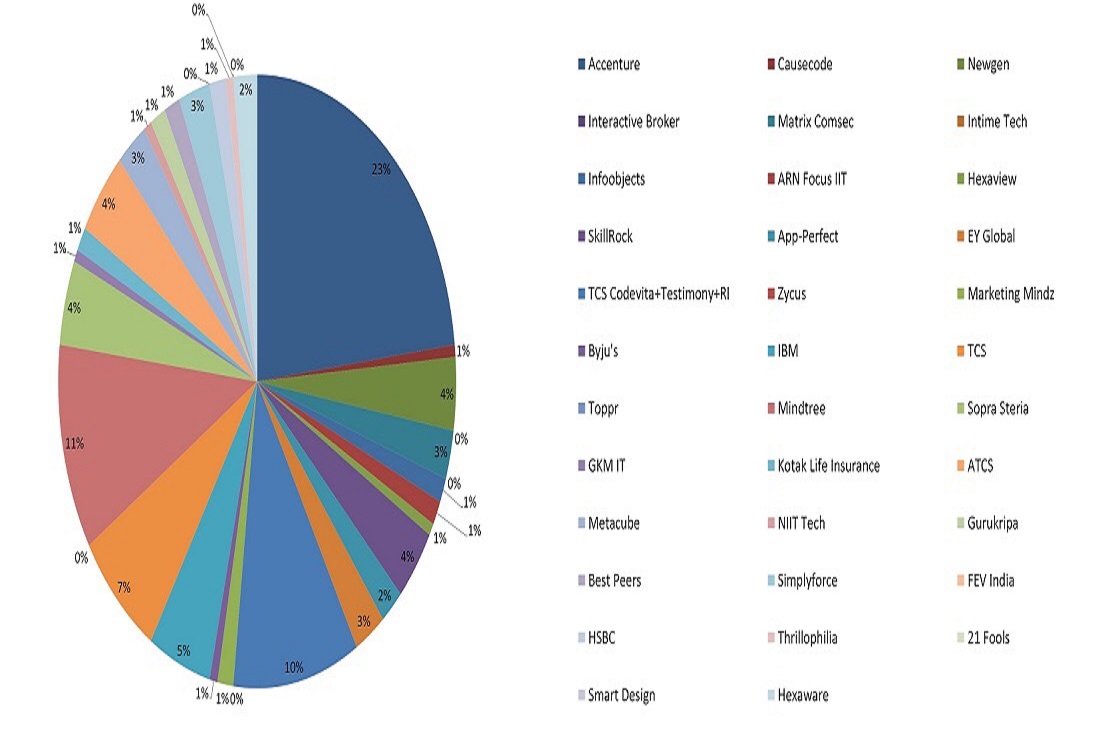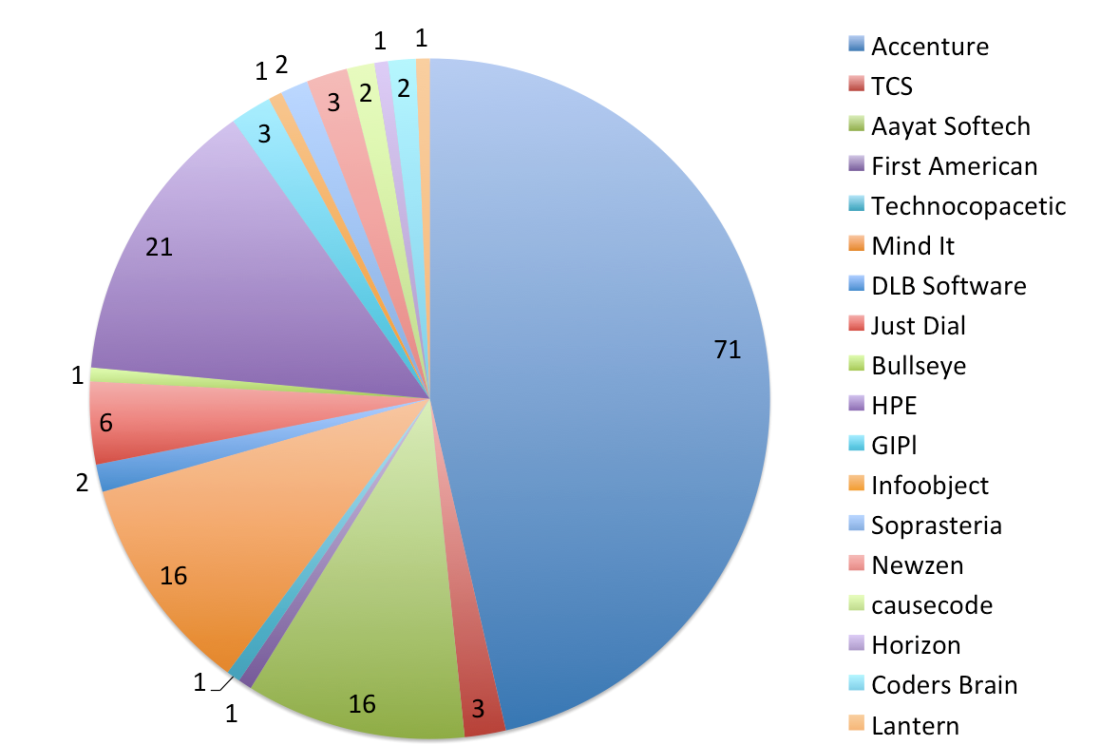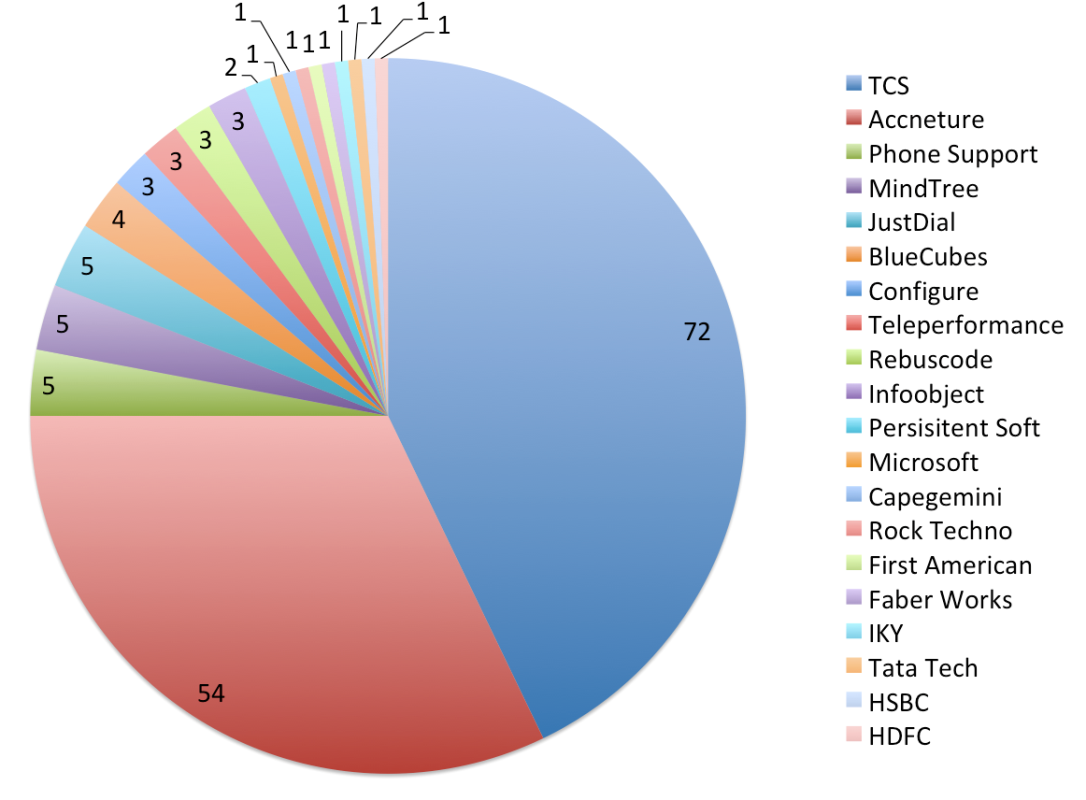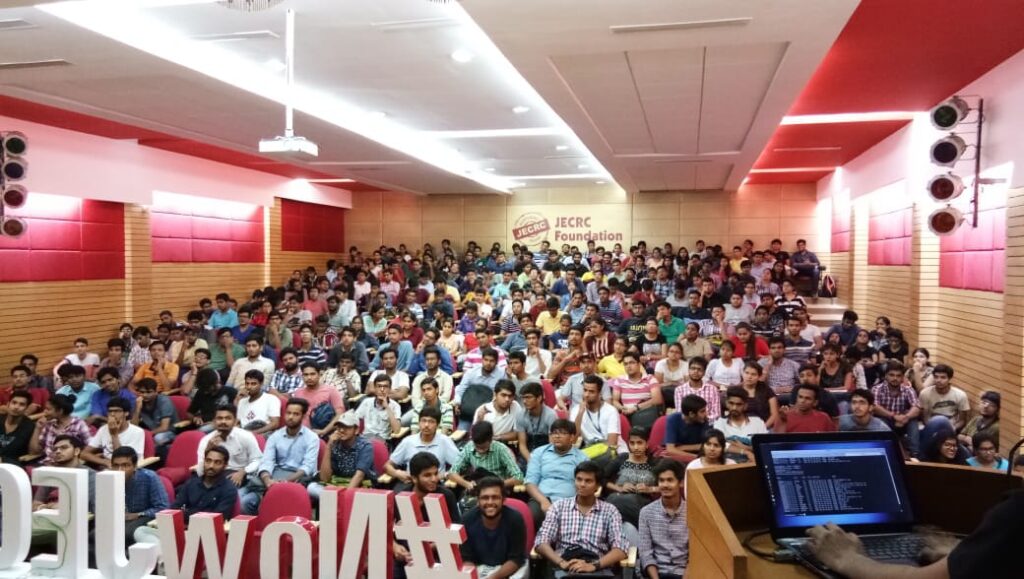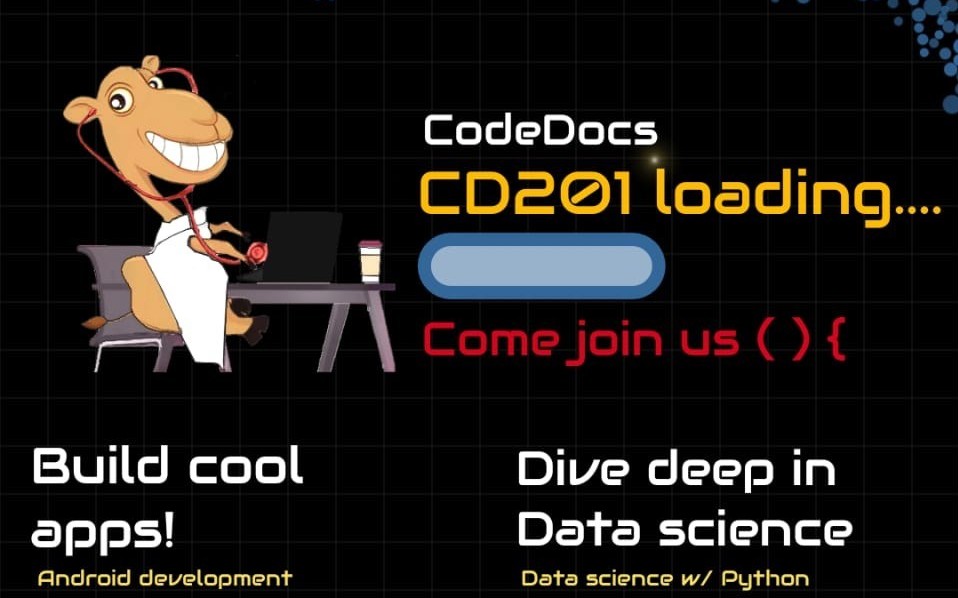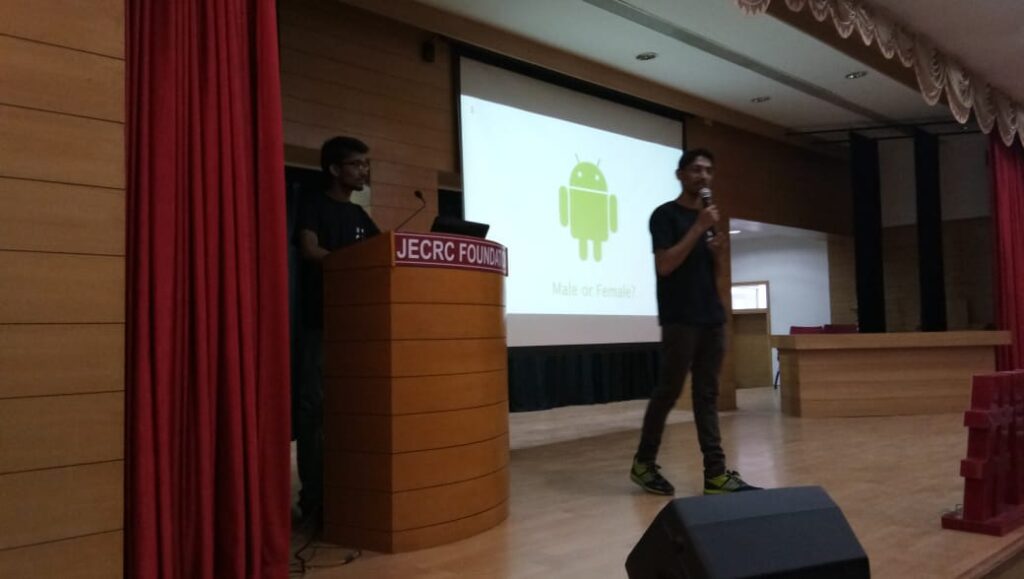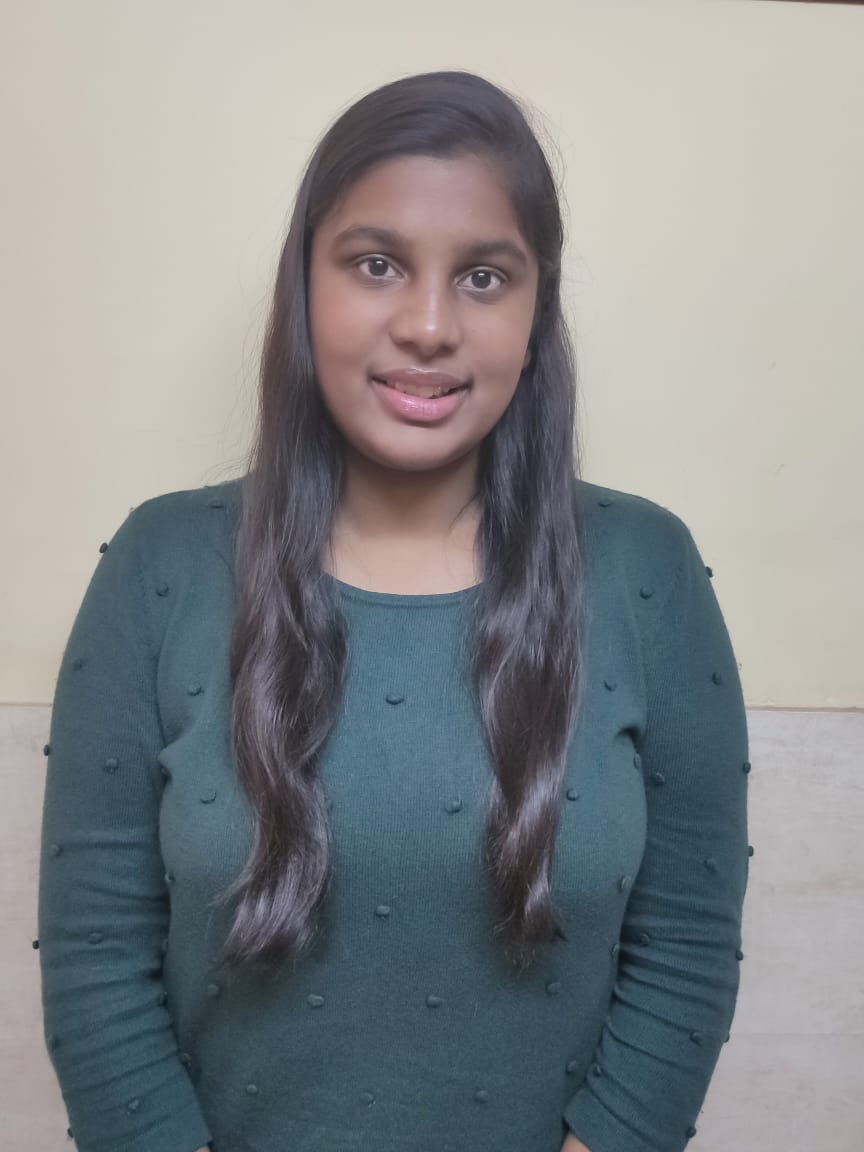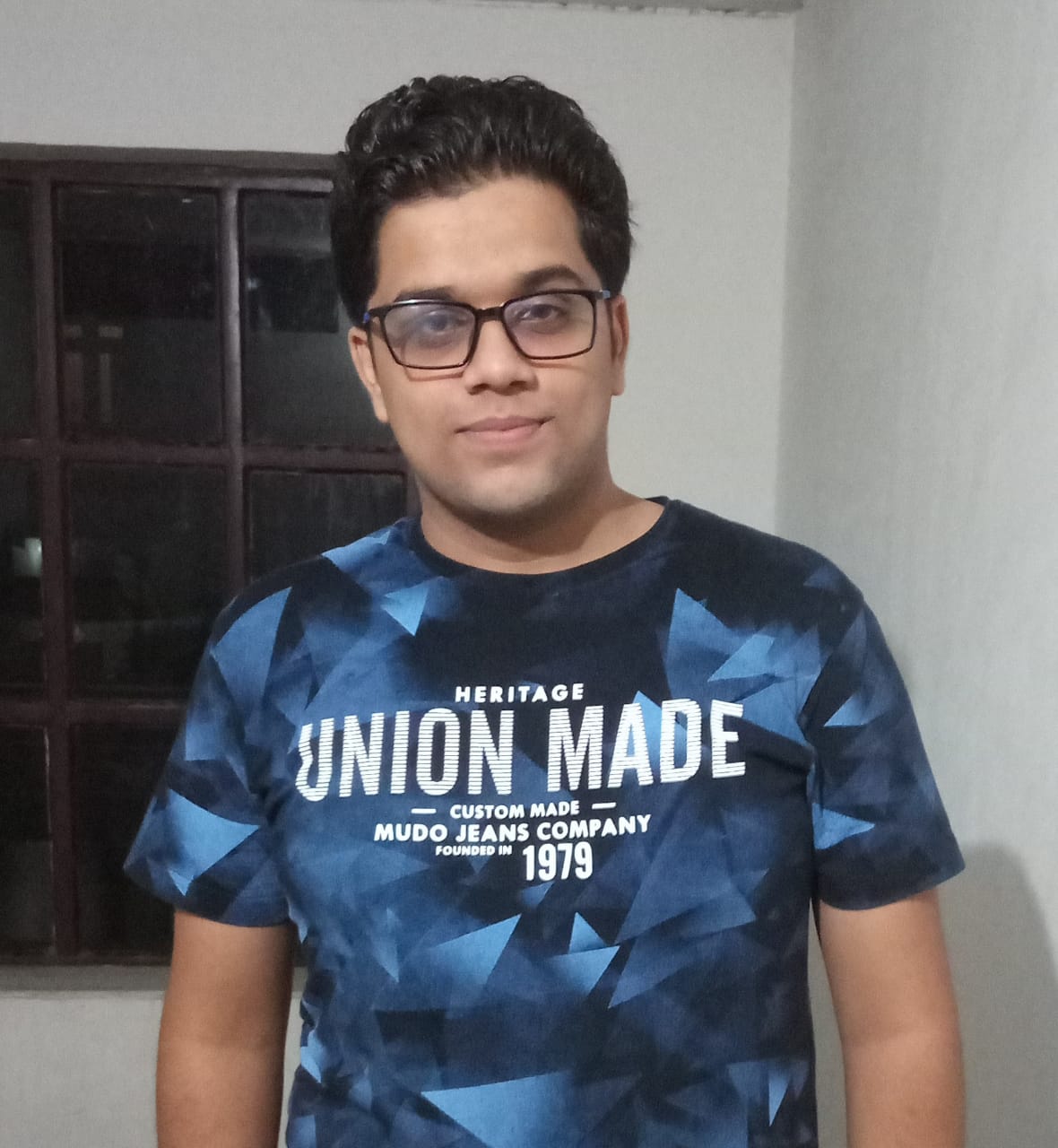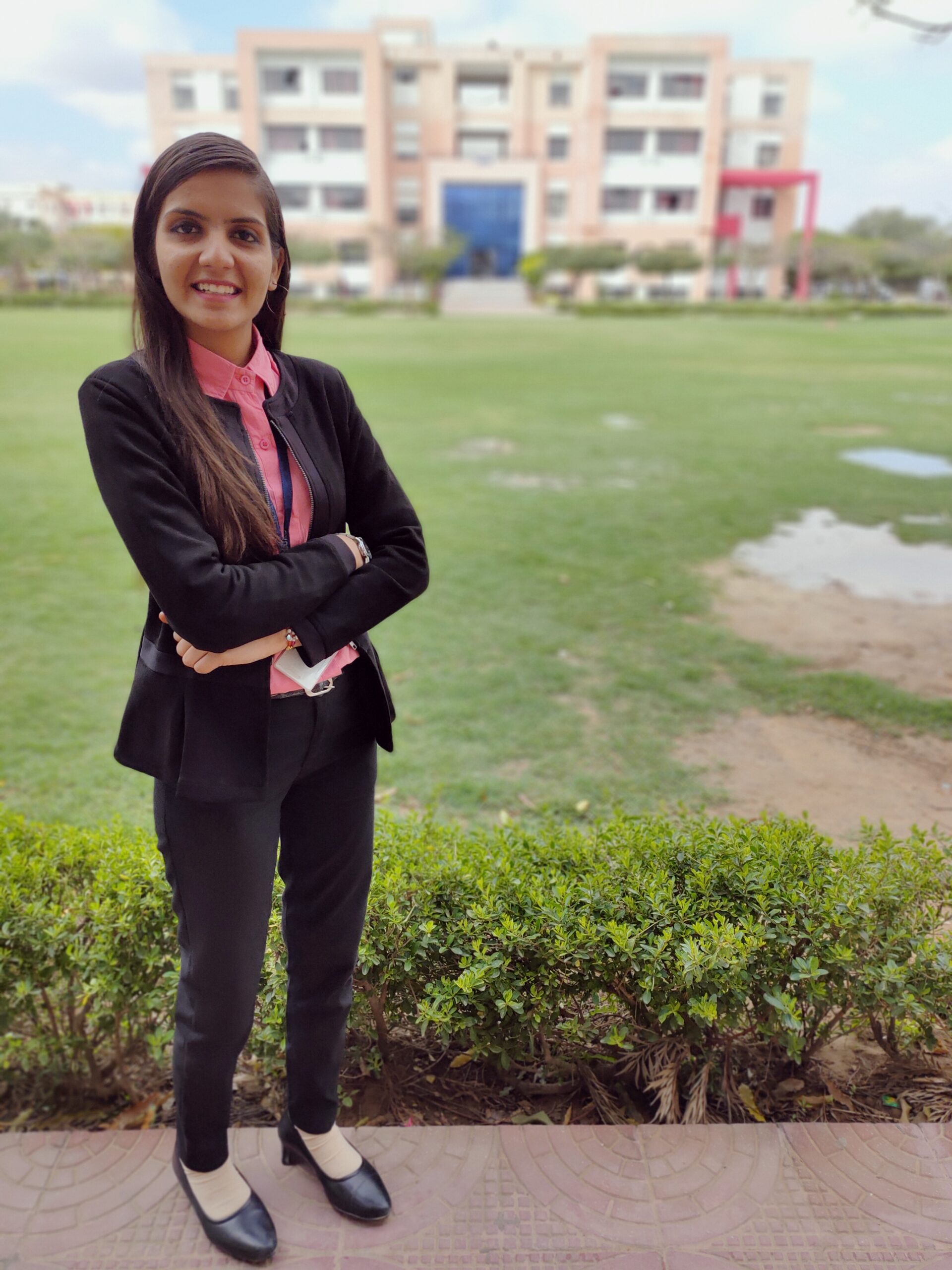| Jaipur Engineering College & Research Centre
Department of Computer Science and Engineering |
| COURSE OUTCOMES (2019-20) |
| S.No. |
Sem |
Subject Code |
Subject |
Course Outcomes |
| 1 |
3 |
3CS2-01 |
Advanced Engineering Mathematics |
CO1Solve the Linear, Non Linear and Transportation problems by the Optimization Techniques |
| CO2Explain the concept of divisibility, Congruence, Prime and Prime factorization.
Describe the properties of the Group, Ring and Field. |
| CO3Solve the Ordinary and Partial Differential equations by use of Laplace Transform |
| CO4 Use numerical methods for Differentiation and Integration, solve
Difference and Differential equations and also develop the algorithm for numerical methods. |
| 2 |
3 |
3CS1-03 |
Managerial Economics and Financial Accounting |
CO1 Apply Economic principles to management decisions |
| CO2- Understand the market systems & the pricing theory based on demand & supply, production & cost analysis |
| CO3- Able to analyze Financial interpretation on the basis of basic financial concepts |
|
| 3 |
3 |
3CS3-04 |
Digital Electronics |
CO1: Understanding Boolean algebra, conversions and minimization techniques. |
| CO2: Creating various combinational and sequential circuits |
| CO3: Understanding different logic families |
| CO4 Creating of circuits using different minimization techniques. |
| 4 |
3 |
3CS4-05 |
Data Structures and Algorithms |
CO1 Understand different type of data structures and their measuring parameters |
| CO2 Implement various data structures |
| CO3. Analyze various measuring parameters and data structures(Linear/Non-Linear) |
| CO4 Apply the knowledge of various data structures in basic applications of programming |
| 5 |
3 |
3CS4-06 |
Object Oriented Programming |
CO1: Identify and analyze Object Oriented Programming concepts in designing solution of a problem. |
| CO2: Apply constructor, friend function and class when analyzing a problem statement. |
| CO3: Apply and analyze features of inheritance and polymorphism for developing solution of a complex problem. |
| CO4: Identify and handle exceptions in an object oriented program. Perform generic programming using templates. |
| 6 |
3 |
3CS4-07 |
Software engineering |
CO1 understand the purpose of designing a system and evaluate the various models suitable as per its requirement analysis |
| CO2 understand and apply software project management, effort estimation and project scheduling |
| CO3 formulate requirement analysis, process behavior and software designing |
| CO4 Implement the concept of object oriented analysis modeling with the reference of UML and advance SE tools |
| 7 |
4 |
4CS2-01 |
Dicrete Mathematical Structures |
CO1. Understand the concepts of Sets, Relations, Functions and their Operations. |
| CO2. Learn the concept of Propositional Logic and Finite State Machines. |
| CO3. Discuss and develop the Posets, Hasse Diagram, Lattices and Combinatorics. |
| CO4. Use and apply the concept of Algebraic Structures, Groups, Rings and Graph Theory. |
| 8 |
4 |
4CS1-02 |
Accounting /Technical Communication |
CO1: able to express themselves better in technical writing by understanding the concept, style and methodology used in Technical communication. |
| CO2: able to pursue higher studies by working on all aspects of English Language and also develop a better
understanding of process and design of technical texts. |
| CO3: able to get an in depth knowledge of technical communication used in professional life by
getting to know all the forms and aspects of Technical Communication. |
| Jaipur Engineering College & Research Centre
Department of Computer Science and Engineering |
| COURSE OUTCOMES (2019-20) |
| S.No. |
Sem |
Subject Code |
Subject |
Course Outcomes |
| 9 |
4 |
4CS3-04 |
Microprocessors and Interfaces |
CO1: Demonstrate the taxonomy of 8085 Microprocessor Architecture and knowledge of
contemporary microprocessor and their functionalities |
| CO2: Demonstrate Assembly Language Programming using the various addressing Modes,
Debugging Technique and instruction set of 8085 Microprocessor. |
| CO3: Understand the concept of advance assembly language programming and its implementation |
| CO4: Analyze and design of 8255,8254,8279,8251 and interfacing with various devices. |
| 10 |
4 |
4CS4-05 |
Database Management |
CO1: Design an ER model for an enterprise |
| CO2: Perform and analysis Query database using Relational Algebra, Relational Calculus and SQL |
| CO3: Apply normalization based on functional dependency. |
| CO4: Illustrate for serialzability among concurrent transactions and apply concurrency control protocols, and Outline database recovery techniques |
| 11 |
4 |
4CS4-06 |
Theory of
Computation |
CO1: Examine Finite Automata and Regular Expression. |
| CO2: Classify regular sets of Regular Grammars. |
| CO3: Categorize Context Free Language and Design Pushdown automata. |
| CO4: Design Turing machine, compare Chomsky hierarchy languages and analyze Linear bounded automata. |
| 12 |
4 |
4CS4-07 |
Data Communication and computer network |
CO1: Understand the principles of Network Protocols and OSI and TCP/IP model. |
| CO2: Analyze and implement the concepts of various protocols of Error Detection and Correction |
| CO3: Analyze and apply the concept of various Routing algorithms and principles of reliable data transfers along with transactional TCP and associated congestion control. |
| CO4: Classify role of application layer, its various elements like WWW, DNS FTP and network security. |
| 13 |
5 |
5CS3-01 |
Information Theory & Coding |
CO1: Apply the fundamental concepts of information theory viz. entropy, mutual information and
channel capacity in communication system. |
| CO2: Examine the principles of source coding and data transmission. |
| CO3: Analyze linear block code, cyclic code and Convolution code. |
| CO4: Evaluate information theoretic methods to novel settings of encoding and decoding techniques. |
| 14 |
5 |
5CS4-02 |
Compiler Design |
CO1: Compare different phases of compiler and design lexical analyzer. |
| CO2: Examine syntax and semantic analyzer by understanding grammars. |
| CO3: Illustrate storage allocation and its organization & analyze symbol table organization. |
| CO4: Analyze code optimization, code generation & compare various compilers. |
| 15 |
5 |
5CS4-03 |
Operating Sustem |
1. Demonstrate the concepts, structure design of operating system and analysis of process management. |
| 2. Recognize the concepts, implementation of memory management policies, design issues of pagging and virtual memory. |
| 3. Understand and design the concepts of deadlock handling and device management. |
| 4. Analyze the file system structure, implementation process and acquainted with various types of operating systems. |
| 16 |
5 |
5CS4-04 |
Computer Graphics & Multimedia |
Co1. Implement geometric images using graphical input techniques
|
| Co2. Design and develop images with the help of 2D & 3D transformations. |
| CO3. Identify visible surfaces for generation of realistic graphics display and curves representation. |
| CO4.Analyze multimedia and animation techniques. |
| 17 |
5 |
5CS4-05 |
Analysis of Algorithms |
CO1: Understand and analyzing the algorithms with different techniques |
| CO2: Discuss various design strategies for implementing algorithms |
| CO3: Implement various divide and conquer,greedy and dynamics statergies based algorithms |
| CO4: Classify the algorithms and problems in various categories like NP, NP-Hard & NP-Complete |
| 18 |
5 |
5CS5-12 |
Human Computer Interaction |
CO1: Apply an interactive design process and universal design principles to designing HCI systems. |
| CO2: Describe typical human–computer interaction (HCI) models and styles, as well as various historic
HCI paradigms. |
| CO3: Describe and use HCI design principles, standards, Task Models and guidelines. |
| CO4: Identify relevance of CA and object oriented modeling. |
| 19 |
6 |
6CS3-01 |
Digital Image processing |
CO1: Understand the fundamental aspects of Image Processing. |
| CO2 Apply the mathematical foundations for image enhancement in spatial and frequency domains. |
| CO3 Compare and Implement filters for various types of noise. |
| CO4 Evaluate various coding algorithms used in image processing and compression. |
| 20 |
6 |
6CS4-02 |
Machine Learning |
CO1.Understand the concept of machine learning and apply supervised learning techniques. |
| CO2.Illustrate various unsupervised leaning algorithm for clustering, and market basket analysis. |
| CO3:Analyze statistical learning theory for dimension reduction and model evaluation in machine learning. |
| CO4:Apply the concept of semi supervised learning, reinforcement learning and recommendation system. |
| 21 |
6 |
6CS4-03 |
Information Security system |
CO1:To Identify different security attacks, Mechanism, classical and modern encryption techniques |
| CO2:To Apply random number generation, AES and S-box theory and Implement public key cryptosystem |
| CO3:To Evaluate message authentication and digital signatures using hash function and IP security. |
| CO4:To Analyze & Implement Water marking technique and strong password protocol in Information
Security System |
| 22 |
6 |
6CS4-04 |
Computer
Architecture and
Organization |
Co1: Ability to understand the functional units of the processor and various micro operations. |
| Co2: Analyze different architectural and organizational design issues that can affect the performance of a computer. |
| Co3. Examine the airthmetic problems and principles of computer design. |
| Co4. Describe and examine the concept of cache memory, Virtual memory and I/O organization. |
| 23 |
6 |
6CS4-05 |
Artificial Intelligence |
CO1: Understand the concept of Artificial Intelligence and apply various Searching techniques. |
| CO2: Illustrate various Game Playing in Artificial Intelligence system. |
| CO3: Analyze different Knowledge Representation Techniques, Planning, Uncertain Knowledge and Reasoning. |
| CO4: Apply basic concepts of Learning, Natural Language Processing, Robotics and Expert Systems in AI. |
| 24 |
6 |
6CS4-06 |
Cloud Computing |
CO1: Identify the basics, risks, challenges and ethical issues in cloud computing. |
| CO2: Design the architecture for parallel and distributed cloud computing |
| CO3: Identify the various threats related to cloud and as well as disaster recovery related to same. |
| CO4: Analyze the cloud platforms in IT industry and various case studies on the industries providing cloud services. |
| 25 |
6 |
6CS5-11 |
Distributed System |
CO1: Understand distributed system concepts and desired properties of such systems. |
| CO2: Understand and analyze the problems and challenges associated with Concurrent process, RPC & RMI |
| CO3: Apply key distributed system properties and evaluate various distributed systems. |
| CO4: Design and deploy distributed system using various mechanisms. |
| 25 |
7 |
7CS1A |
Cloud Computing |
1. Implement the cloud computing architecture i.e, the model, types of clouds, various service models and programming concepts. |
| 2. Acquire knowledge about the recent trends in area of cloud computing like Hadoop, programming of Google app engine and virtualization technology and resource management. |
| 3. Identify the various threats related to cloud and as well as disaster recovery related to same. |
| 4. Analyze the cloud platforms in IT industry and various case studies on the industries providing cloud services. |
| 26 |
7 |
7CS2A |
Information Security system |
CO1:To Identify different security attacks, Mechanism, classical and modern encryption techniques |
| CO2:To Apply random number generation, AES and S-box theory and Implement public key cryptosystem |
| CO3:To Evaluate message authentication and digital signatures using hash function and IP security. |
| CO4:To Analyze & Implement Water marking technique and strong password protocol in Information Security System |
| 27 |
7 |
7CS3A |
Data Mining & Warehousing |
CO1: Understand the concepts and benefits of Data mining in the real time scenario. |
| CO2: Acquire basic knowledge about concept description of data mining algorithms |
| CO3: Illustrate concept of Data Warehouses with OLAP applications and OLAP deployment. |
| CO4: Design a data mart for management of information. |
| 28 |
7 |
7CS4A |
Computer Aided Design for VLSI |
CO1: Aquire understanding of microelectronic circuit design to synthesize a digital circuit. |
| CO2: Analyze various resource optimizaton algorithms and understanding binding process.. |
| CO3:Analyze various VLSI Physical design algorithms to get optimized design. |
| CO4: Identify and demonstrate VLSI design coding tools. |
| 29 |
7 |
7CS5A |
Compiler Construction |
CO1: Compare different phases of compiler and design lexical analyzer. |
| CO2: Examine syntax and semantic analyzer by understanding grammars. |
| CO3: Illustrate storage allocation and its organization & analyze symbol table organization. |
| CO4: Analyze code optimization, code generation & compare various compilers. |
| 30 |
7 |
7CS6.3A |
Data Compression Techniques |
CO1: Apply fundamental concepts in information theory and their inter-relationships. |
| CO2: Implement key theorems for various encoding methods. |
| CO3: Analyze and implement wavelet multi-resolution and its scaling function for compression. |
| 31 |
8 |
8CS1A |
Mobile Computing |
CO1:To Identify the characteristics of mobile computing, adaptation and mobility management |
| CO2: To Analyze and explore Data dissemination & management techniques |
| CO3: To Identify Service Discovery & standardization Methods. |
| CO4: To Understand the role of Mobile IP and Ad hoc Networks and understand different protocols. |
| 32 |
8 |
8CS2A |
Digital Image Processing |
CO1: Understand the fundamental aspects of Image Processing. |
| CO2 Apply the mathematical foundations for image enhancement in spatial and frequency domains. |
| CO3 Compare and Implement filters for various types of noise. |
| CO4 Evaluate various coding algorithms used in image processing and compression. |
| 33 |
8 |
8CS3A |
Distributed Systems |
CO1: Understand distributed system concepts and desired properties of such systems. |
| CO2: Understand and analyze the problems and challenges associated with Concurrent process, RPC & RMI |
| CO3: Apply key distributed system properties and evaluate various distributed systems. |
| CO4: Design and deploy distributed system using various mechanisms. |
| 34 |
8 |
8CS4.2A |
Real Time Systems |
CO1: Understand and analyze various constraints, dependencies and parameters of Real Time Software. |
| CO2: Compare & implement various Real time Scheduling algorithms. |
| CO3: Analyze and construct periodic task scheduling using flexible computation techniques |
| CO4: Comapre and contrast various protocols for assigning jobs to processor |


